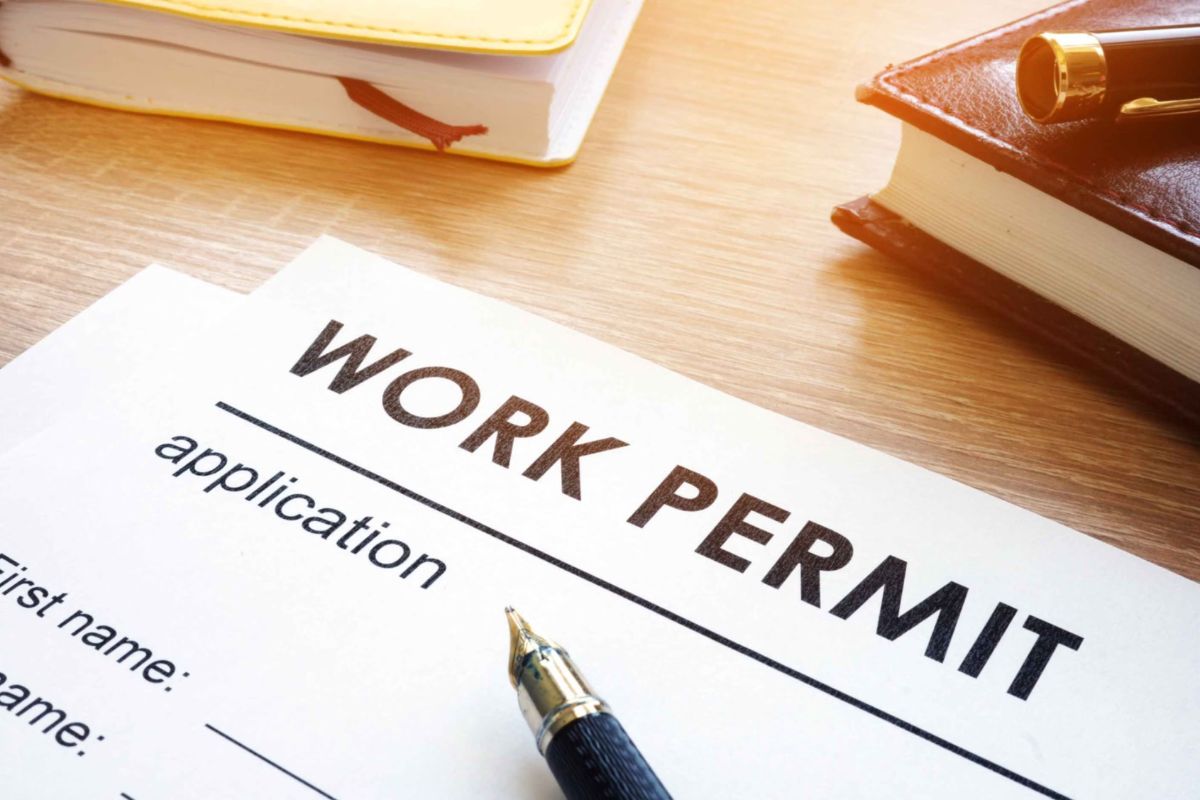Vietnam has just rolled out a new decree that changes how foreign nationals can live and work in the country. It’s the biggest update to the work permit system since 2021 and this one’s focused on making the process faster, simpler, and more flexible for both workers and employers.
Vietnam New Work Permit Rules
Vietnam’s new work permit rules simplify the process, ease eligibility, and offer more flexibility for foreign workers in key sectors. Here’s what you need to know.
1. Labour Market Test Now Easier
Before hiring a foreign worker, employers in Vietnam had to post job openings for 15 days on a government site to prove no local could fill the role. That rule is now relaxed:
- Job postings are only required if the foreign national is hired under the local hire route.
- The posting time has been reduced to just 5 business days.
- Employers can now post jobs on their own career sites or other platforms—not just the official government portal.
Why it matters: This saves time, especially for companies transferring staff internally (like regional managers). It also speeds up hiring overall.
2. Fewer Steps in the Application Process
Vietnam has merged or removed several steps in the work permit application process to reduce red tape:
- The job position approval is now part of the work permit application for local hires.
- Employers can apply for the work permit and police clearance at the same time.
- The labor contract doesn’t need to be submitted unless specifically requested.
- Semi-annual reports are no longer required.
Why it matters: Less paperwork, fewer delays. Employers still need to keep records but don’t have to constantly submit them.
3. Updated Eligibility Rules for Work Permits
The bar for who qualifies for a work permit is now lower:
- Experts now need just 2 years of relevant experience (previously 3) and a university degree.
- For priority fields like finance, science, or tech: just 1 year of experience is enough.
- Technical workers now need 2 years of experience and 1 year of training (instead of 3-5 years’ experience).
Why it matters: More foreign professionals can now qualify, especially in high-demand industries.
4. More Flexibility in Work Permit Exemptions
The government has made it easier for certain people to work in Vietnam without needing a permit:
- The old rule that limited foreigners to 3 short-term work visits is gone.
- You can now work in Vietnam for up to 90 days in a year without a permit.
- Spouses of Vietnamese nationals no longer need a Work Permit Exemption Certificate.
- Experts in key sectors are now eligible for exemption.
Why it matters: Short-term assignments are now much simpler. But there’s a trade-off—spouses without the certificate may find it harder to prove their right to work.
5. Working in Multiple Locations
If a foreign worker will be based in more than one province:
- Work permit applications now go through the Provincial People’s Committee where the company’s head office is located.
- Employers must notify authorities in each location where the person will work.
Why it matters: It’s a bit of a mixed bag. Simpler in theory, but still unclear how it works if the person works at sites not owned by the company. More guidance is expected.
6. Health Certificate Rules Tightened
Vietnam will now only accept health certificates from foreign doctors if there’s a mutual agreement with that country.
Why it matters: If there’s no such agreement, foreign workers might have to fly to Vietnam just to get their medical check done locally. No official list of accepted countries has been published yet.
7. Clearer Timelines for Processing
The new decree sets firm deadlines for work permit applications:
| Application Type | Apply By | Processing Time |
|---|---|---|
| New Work Permit or Exemption | 10 business days before start date | 10 business days |
| Renewal of Work Permit or Exemption | 10 business days before expiry | 5 business days |
Why it matters: No more guessing when to apply or how long it’ll take.
Final Thoughts
This new decree shows Vietnam is serious about attracting skilled foreign workers while cutting bureaucracy. The changes make life easier for companies in sectors the country wants to grow, tech, science, finance, and innovation.
If you’re thinking about working in Vietnam or hiring foreign talent, now’s a good time to take a closer look.
To get daily travel news & updates, follow us on Facebook, X (Twitter), LinkedIn, Instagram, or Threads.
